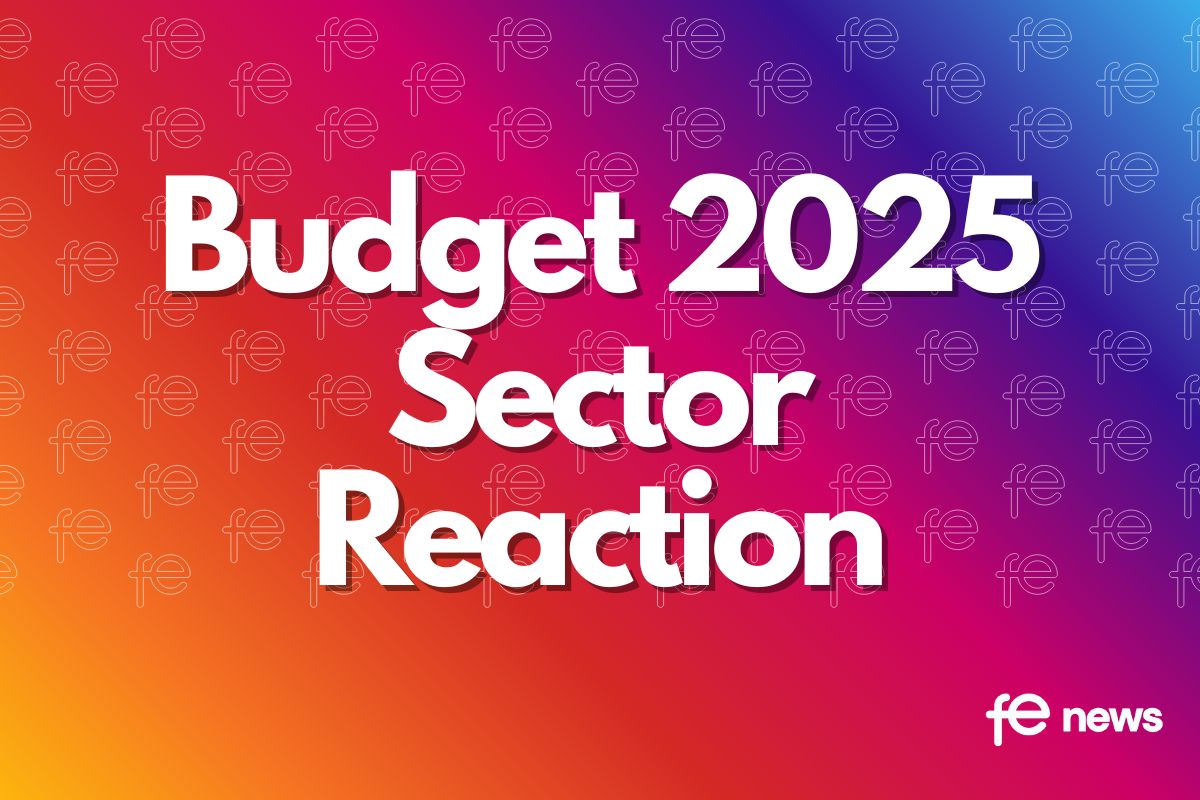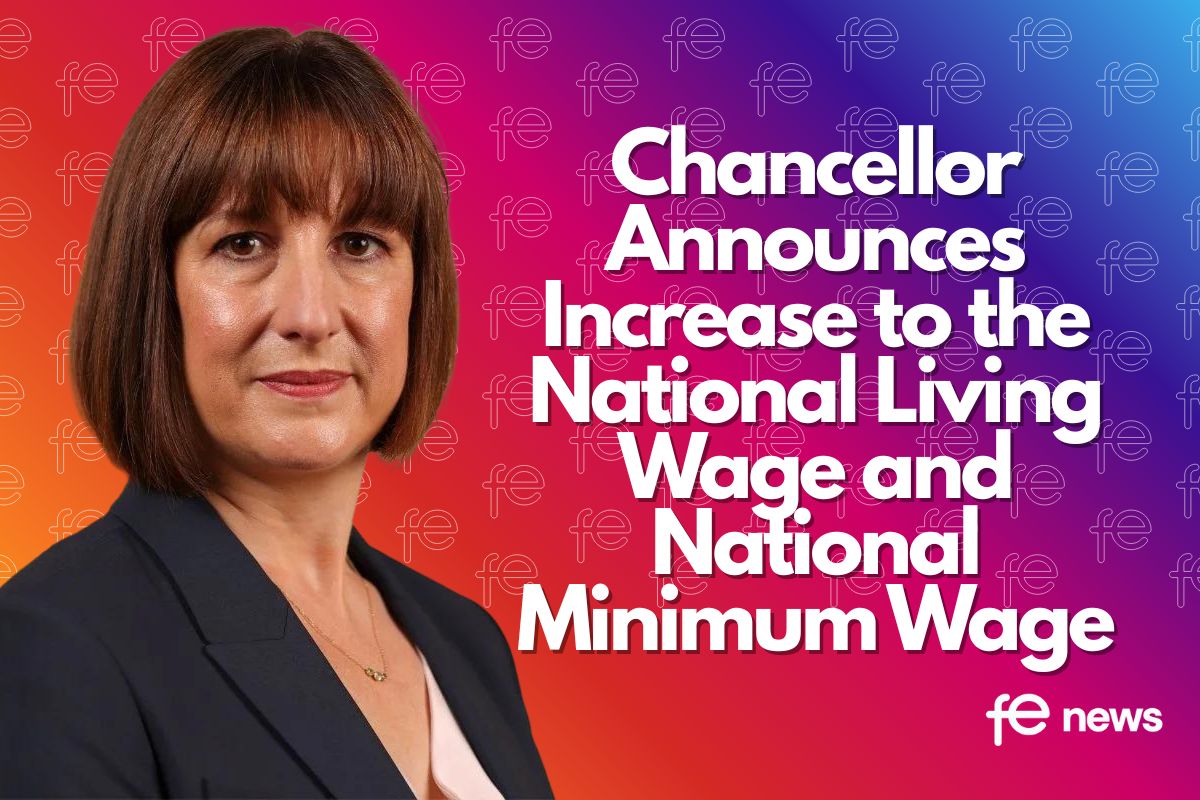#Levy shortage starving small firms of #apprenticeships poses early test for Johnson campaign pledge

Small and medium sized businesses across the country are being prevented from offering new apprenticeships because the levy which funds the government’s flagship skills programme is running short of cash.
The levy funding shortage is so acute that a new survey has found that three out of four apprenticeship training providers can no longer meet demand from SME employers to train new apprentices.
The lack of funding is happening at the worst possible time when thousands of school leavers aged 16 or 18 are looking to earn and learn debt-free on an apprenticeship instead of pursuing another option such as a traditional university degree.
SMEs don’t pay the apprenticeship levy and they rely on funding being left over from it for their apprenticeships after large levy-paying employers have first taken back their entitlement. The government now admits that it badly underestimated how much of the levy the big employers would use up.
As a result, research by the Association of Employment and Learning Providers (AELP) has also found that this year:
- A quarter of apprenticeship training providers have had to turn away a prospective new SME employer of apprentices
- 17% of providers have stopped recruiting apprentices altogether for new and existing SME employer customers
- A further 25% have had to cut back on apprentice recruitment for their employer customers due to a lack of funding and
- A third of the providers need up to 25% of additional funding on their government funding contract to meet current demand.
The new hard evidence about the negative effects of the levy running dry comes almost six months after the National Audit Office issued warnings about the programme’s creaking funding system and just after latest monthly data showing that overall new apprenticeship starts are flat-lining again.
SMEs have traditionally been the main recruiters of young people, including school leavers, as apprentices but the official statistics show that programme starts for 16 to 18 year olds in 2018-19 have fallen by 7% so far compared with last year and by 23% compared with the year before the levy system began. With the survey results now in, AELP is sure that the decrease is directly linked to the shortage of funding available for smaller employers.
Prime Minister’s funding promise for apprenticeships
Boris Johnson promised in early July that apprenticeships under his premiership would be ‘properly funded’.
.@BorisJohnson pledges £100 million National Retraining Fund to boost #apprenticeships and vocational qualifications https://t.co/7V7D6vCc1p
— FE News (@FENews) August 9, 2019
Prior to this, AELP which represents over 900 apprenticeship training providers had been urging the government to make more funding available because its members had been reporting unavoidable reductions in starts or a complete stopping of them altogether.

Commenting on the survey results, AELP CEO Mark Dawe said:
“It’s been over four months since the DfE’s permanent secretary told a Commons committee that ‘something is going to have to give’ unless more funding for apprenticeships was forthcoming and we’re saying that the damage is already being done.
“More recently the Prime Minister said that apprentices are ‘indispensable to this country’ and that ‘we have a desperate shortage in this country of people with the right skills‘. The clear message from apprenticeship training providers is that the shortage will quickly become much worse unless the government delivers quickly on Boris Johnson’s funding promise.”
A Department for Education spokesperson said:
“Apprenticeships funding in England has risen to over £2.5 billion in 2019-2020, double what was spent in 2010-2011 in cash terms. This investment has helped drive up the quality of apprenticeships on offer so they are now longer, with more off-the-job training and have a proper assessment at the end.
“So smaller employers can manage their own apprenticeships more effectively we are bringing them onto the Apprenticeship Service. Large businesses can now also transfer up to 25% of their levy funds to smaller employers so they can invest in the long-term skills needs of their business.
“We will continue to work with employers so they can take advantage of the benefits apprentices can bring to their business and we are also looking carefully at the future priorities for the apprenticeship programme.”
Evidence of the damage already inflicted is set out in the quotes below submitted by apprenticeship training providers from all over the country.
AELP survey results in more detail
74% of organisations who have a non-levy employer funding contract with the government’s Education and Skills Funding Agency (ESFA) responded to say that their contract was not sufficient to meet projected SME employer demand. Current contracts last until end-March 2020 with no certainty on what will happen after that when new apprentices recruited now must be on a programme for at least 12 months.
In the 2018/19 year, 148 training organisations who have a ESFA contract either:
- Ceased recruiting apprentices for SME employers due to lack of funding (17.4%)
- Significantly reduced recruitment due to lack of funding (25.8%)
- Got approached by, but had to turn down business from, a new prospective SME customer due to lack of funding (24.4%)
- Eeduced the amount of subcontracting to ensure funding was available for direct delivery (12.2%) or
- None of the above (20.2%; total of (a) to (e) = 100%)
20% of organisations have been unable to find sufficient extra funding as a subcontracted delivery of apprenticeship training. 23.3% have turned down requests from other providers wanting to do subcontracted training for them (29% do not need to subcontract).
A third of the providers said that up to 25% of additional funding on their non-levy contract would be needed to meet current SME employer demand for apprentices.
32.3% of organisations will focus more on delivering apprenticeship training for levy-paying employers in future.
Survey breakdown
- 235 survey responses were received. 79% of respondents were independent training providers (ITPs).
- Highest geographical response from the North (28.6%).
- 63% of organisations responding have a current non-levy contract. All responding ITPs have a contract and 75% of them stated that it is not sufficient to meet demand.
- Of that 63%, 74% indicated that their 2018/19 allocation was not sufficient in terms of both training new starts and apprentices already on a programme.
Apprenticeship and levy statistics: July 2019
Total figures for 16-18 year old apprentices: Figure for 2018/19 (Sep-Apr) stands at 83,800.
- Down 7% from 90,300 in 17/18
- Down 23% from 108,600 in 16/17
Intermediate: 2018/19 currently stands at 46,600.
- Down 12% from 52,800 in 17/18
- Down 33% from 69,300 in 16/17
Advanced: 2018/19 currently stands at 33,300.
- Down 4% from 34,600 in 17/18
- Down 11% from 37,300 in 16/17
Selection of comments submitted by training providers to the survey
Impact on the number of new starters:
“We are having to prioritise our learners currently on programme and those wanting to progress to higher qualifications, which will impact on the number of new starters we will be able to fund this summer especially over 19 year olds.”
Transfer pot not available for 16-18 year olds:
“We are trying to assist SMEs that we work with to find levy payers who have transfer pot available to enable apprenticeships to happen. Our big concern is the lack of funding available for 16-18 year olds as the transfer cannot be used for these. We are having to overlook 16-18 year olds at recruitment as there is no funding available for them, and this is prejudicial and is severely damaging to school leavers who want to work and learn and cannot access an apprenticeship.”
Still no apprenticeship growth:
“Apprenticeships are being pushed in schools and in the media yet there is no apprenticeship growth.”
Skills gaps left unfilled:
“Our local industrial strategy has highlighted key skills gaps in digital and engineering sectors that we are trying to address but are not able to support this objective without non-levy funding due to the number of SMEs and their interest in recruitment and retention using apprenticeships.”
Never known a worse time in 25 years:
“Our partner employers and our prospective young apprentices are getting extremely frustrated at our lack of ability to fill vacancies and to offer apprenticeships. This has been going on since April. We have 22 learners with vacancies to go to but are unable to process. There is no indication as to when funding will be available – probably none in 2019/20. It’s a disastrous situation which must get highlighted. My company has been delivering apprenticeships for the last 25 years – however this will bankrupt us in the next 6-12 months. Money is sitting in unused levy pots – why can’t it simply be relocated by the ESFA? We have never known a worse time than this.”
Small providers face bankruptcy:
“We are a small provider which has served our local SME businesses in Essex for 25 years. We carry between 350 – 400 learners at any one time. The funding situation may well force us out of business in 2019/20. SMEs are our bread and butter. In the main, levy payers won’t deal with us because they use national providers. We are not alone.”
Rural providers worse hit:
“Being in the South West has a significant effect due to over 50% of enquiries being through non-levy employers which is having a great detrimental effect for the business.”
Local provision is being damaged:
“As a university and lead provider with one school academy subcontractor, we received only 50% of the funding allocation we requested. In 2019/20 we have ran out of all funding for 19+ learners and are not able to recruit any more SME employers. Most of our provision is Higher and Degree Apprenticeships but we have some Level 2 and 3 learners and so this impacts across the board. With our 16-18 allocation being tiny, we are able to provide funding for 8 to 10 starts when the academy wants to offer 35 places (historically they have had an average of 60 young people in learning). This important local provision is being damaged, young people are missing out on opportunities and SME businesses are not able to take on an apprentice.”
Levy transfer is slow and not easy:
“We have turned to levy transfer to solve a lot of this, but it is slow and not easy. We are funding one learner at a time through this method, and working hard to find new subcontracting partners who will offer us funding. It is all madness. We’re helping young people from diverse and often disadvantaged backgrounds to start fantastic first jobs in technology in London!”
Transferring unspent levy funds is not enough of a priority:
“Transfer of unspent levy seems impossible to obtain because levy payers put it in the “too hard” pile. It isn’t part of anyone’s job description or bottom line to help SMEs in this way and so is not a priority for them it should be more straightforward to transfer.”
SMEs are being let down:
“We are currently turning away existing and new employers for SME funding on a weekly basis.”
“We have lots of eligible & talented 19 and 20 year old learner applicants suitable for SME unfilled apprenticeship roles that we are unable to fund.”
“Our need is for 2019/20 because our funding allocation is up to March next year and our recruitment is August 2019. We have therefore had to reduce intakes and let down a number of employers – all non-levy SMEs.”
“We have over 50 non-levy employers and only have funding left for 40 starts on non-levy from 1 August 2019. We would anticipate needing 150 starts until end of contract, March 2020. This is a dilemma for managing our current employer base. As an Ofsted Outstanding provider we are delivering a high quality apprenticeship service and are a preferred provider for employers. This means we will have to turn away employers and apprentices.”
Funding for non-levy is dire:
“The funding for non-levy is dire. Engineering relies on apprenticeships; in 3-4 years the impact of this ridiculous situation will be seen in the economy. The sector is being trashed by lack of funding, compliance requirements and reforms. Been in the sector for 30+ years – this is the worse period I’ve ever known.”
“Very frustrating as high demand from SMEs who are happy to pay the employer contribution but we can’t enrol due to non-levy contracts being reduced significantly. Makes it very hard to plan, sustain business, invest in new standards. We have just invested significant resources in a new standard and have a strong pipeline of interest but majority of interest is from SMEs – so we cannot fulfil. This also means we will need to make new coaches we employed redundant.”
“Main issue is that we want to be able to help small businesses grow and give opportunities to young people who are starting out and this is precisely the business we are being forced to turn away.”











Responses